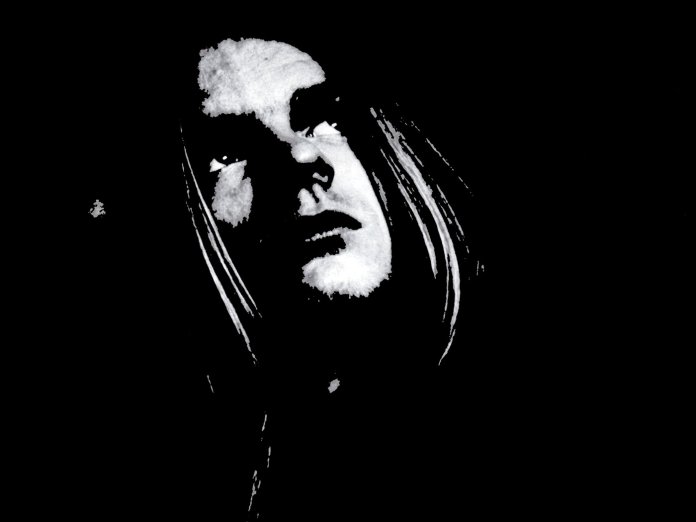“The innocent girls of Woodstock had traded their knickers for knives,” wrote Emmett Finley, looking back in anger to the end of 1969 when he began writing his debut – and to date only – album. The decade’s countercultural idealism was fading fast, with Charles Manson’s ‘Family’, the Mỹ Lai massacre in Vietnam and The Rolling Stones at Altamont dominating thoughts. By the time of the record’s belated 1971 release, this fall from grace was irrefutable; in February, The Observer magazine’s front page announced the “End of the Hippie Dream”. No wonder the LP’s cover featured Finley’s profile superimposed over a cowboy-hatted man in black dragging his guitar through a snowbound graveyard.
The opening lines of “So Easy” – the sound of Buffalo Springfield covering The First Edition with Don Randi on piano – indicate his pessimism. “Can’t you see that all those people / Are wrong and I am right?” he pleads, his falsetto as sweetly melancholic as Neil Young’s. There are similar questions elsewhere, too. On the mournful break-up tune “Without You Now”, multitracked, Lennon-esque vocals echo amid often angrily strummed acoustic guitars, while bursts of battered drums disturb the superficial Laurel Canyon serenity. “Is there sense to this nonsense I am dreaming now?” he asks. His conclusion? “It’s over / Oh my, what have I done?”
Finley’s disenchantment is most transparent on the dramatic “Monster”, its complex structure evoking Pink Floyd’s pastoral reveries, The Who’s aggression and, at some points, Can’s motorik krautrock: “The war is over”, he laments, “Yet the war has just begun”.
Such sentiments ought to have served the prevailing mood, yet following a modest release on the ominously named Poison Ring Records, the album sank without trace. Despite a subsequent flirtation with CBS, Finley himself swiftly disappeared soon afterwards. The album’s burgeoning cult appeal appears to have briefly smoked him out, prompting a series of eccentric blog posts in 2014, but they dried up 18 months later. He joined Twitter, too, but used it just once, declaring his genius to – of all people – Roger Federer. Whether Finley is still alive remains unclear.
Judging by this album, his gift is incontestable, if curiously anglophile. A lifelong friend of Les Paul’s, he’s a remarkable guitarist, mixing acoustic and electric instruments with flair, and his arrangements are ambitious and imaginative, particularly his enrolment of The Ellington Sisters, whose soulful harmonies provide the climax to “Paula’s Song” and lift “Gospel” heavenwards before closing it with a two-minute drone. Even the sprightly “Sky King”, an apparent “inside joke” about a Jimi Hendrix session thwarted by a dose of unexpectedly psychedelic cold medicine, sounds like The Beatles playing garage rock. As Finley wrote on his blog, “Maybe the record doesn’t deserve the lonesome death it received.”



